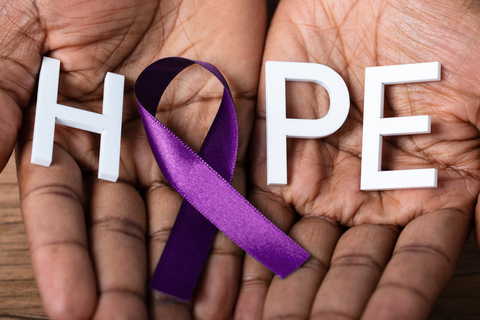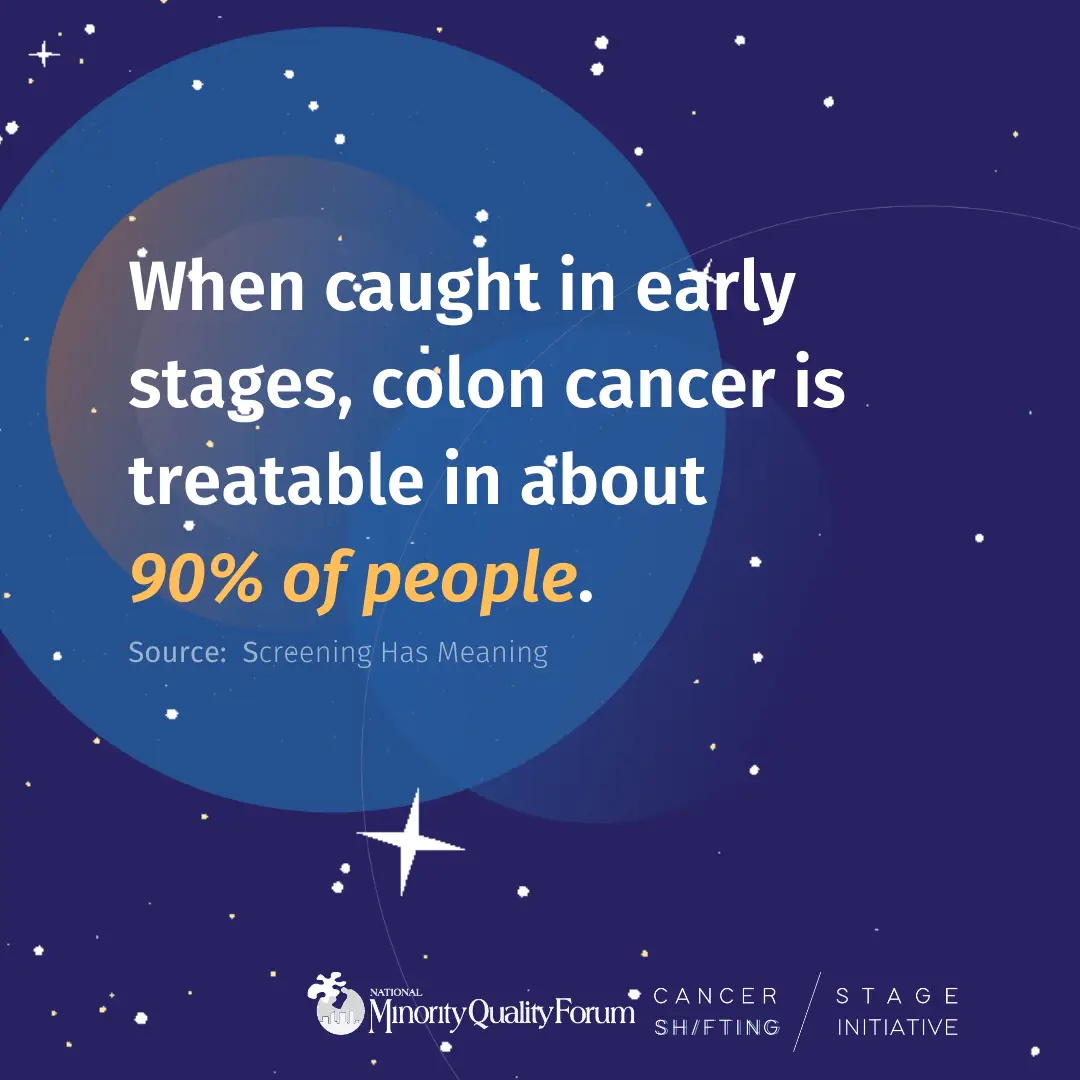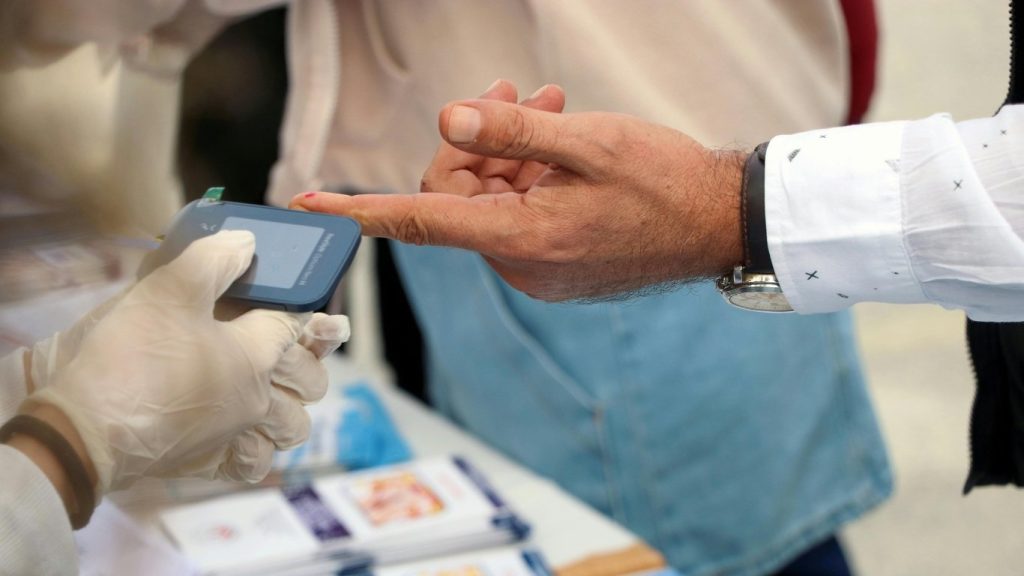United
Region of origin and cervical cancer stage in multiethnic Hispanic/Latinx patients living in the United States
Abstract
Background
Hispanic/Latinx people have the second highest cervical cancer incidence rates in the U.S. However, there is a lack of disaggre...
Opportunities, challenges, and future directions for simulation modeling the effects of structural racism on cancer mortality in the United States:...
Purpose:
Structural racism could contribute to racial and ethnic disparities in cancer mortality via its broad effects on housing, e...
United Nations experts call for end of trans & intersex discrimination in sports
A group of United Nations (UN) experts is calling for an end to discrimination against women, LGBTQ+, and intersex people in sports.
Ahead of next ...
Clinical characteristics, treatment patterns, and outcomes among African American and White patients with multiple myeloma in the United States
doi: 10.1080/10428194.2023.2273746.
Online ahead of print.
Affiliations
Expand
...
Cancer Distribution Among Asian, Native Hawaiian, and Pacific Islander Subgroups - United States, 2015-2019
Non-Hispanic Asian (Asian) and non-Hispanic Native Hawaiian and Pacific Islander (NHPI) persons represent growing segments of the U.S. population (...
Factors affecting the recruitment of Hispanic/Latinx American older adults in clinical trials in the United States: A scoping review
Objective:
Participation of Hispanic/Latinx American older adults (HLAOA) in clinical trials is fundamental to health equity in agin...
Trending Topics
Features
- Drive Toolkit
Download and distribute powerful vaccination QI resources for your community.
- Health Champions
Sign up now to support health equity and sustainable health outcomes in your community.
- Cancer Early Detection
MCED tests use a simple blood draw to screen for many kinds of cancer at once.
- PR
FYHN is a bridge connecting health information providers to BIPOC communities in a trusted environment.
- Medicare
Discover an honest look at our Medicare system.
- Alliance for Representative Clinical Trials
ARC was launched to create a network of community clinicians to diversify and bring clinical trials to communities of color and other communities that have been underrepresented.
- Reducing Patient Risk
The single most important purpose of our healthcare system is to reduce patient risk for an acute event.



















